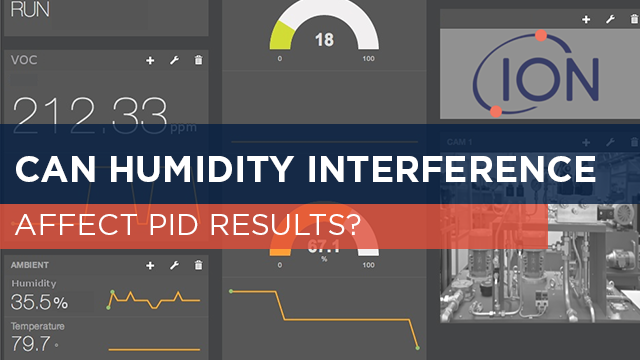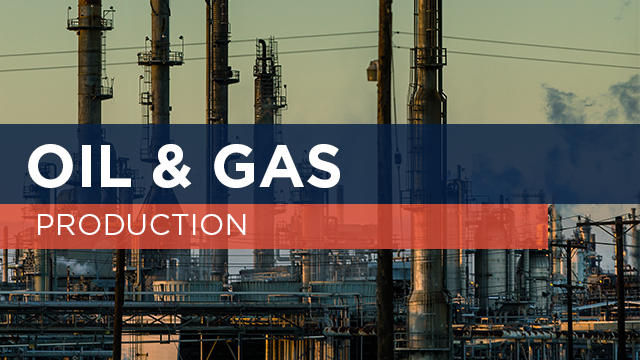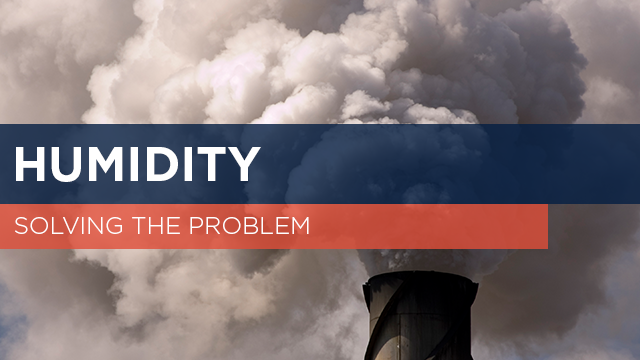Can Humidity Interference Affect PID Results?
A common frequently asked question is “can humidity interference affect my PID detector results?” Like many sensors and measurement instrumentation, traditional PIDs can indeed be affected by the environmental conditions i.e. dust, dirt and in particular, humidity. The major producers of oil & gas are located in the Gulf States and in or close to the Gulf of Mexico, which are of course areas of high temperature and high humidity.
Humidity can disrupt PID measurements in two ways leading to false low or conversely high readings.
The cause of low readings is because water vapour absorbs the photons released by ionisation within the sensor as can be seen in the simplified cross sections of a PID sensor (figure 1).
Oil & Gas Production
Thinking about process industries such as the oil & gas sector, it is well knowing that during normal operations, leaks can occur from pumps, valves, flanges, storage tanks or during loading and unloading.
According to US EPA figures2, this can mean hundreds of tons of volatile organic compounds (VOC) including benzene, which pose a serious health risk3.
Fixed and personal photoionisation detectors (PIDs) have proven to be an ideal solution for VOC detection because they afford protection for individual workers (and their co-workers), and have high level audible, visual (and vibratory) alarms which activate when exposure levels exceed set thresholds.
What is humidity?
Humidity is a natural phenomenon and is an amount of water vapour present in the atmosphere or in a gas.
Water vapour itself is the gaseous state of water and is invisible to the human eye but we have all experienced how uncomfortable high humidity can make you feel.
Humidity comes from water evaporating from lakes and oceans and since warmer water evaporates more quickly you find the most humid regions closer to warm bodies of water, like the Red Sea, the Persian Gulf and Miami, Florida.
Solving the Problem of Humidity
Conventional PIDs may use humidity suppression/compensation techniques but each of them has disadvantages:
- Humidity sensor – these typically have a slower response than the PID sensor itself which causes a drifting compensation
- Desiccant tube – these both slow the PID response and also reduce it by adsorption plus they need replacing from time to time which adds cost
- Humidify the calibration gas – this only works at one level of humidity and is no longer accurate when the humidity changes
Importantly none of these solutions solves a false positive at high humidity






